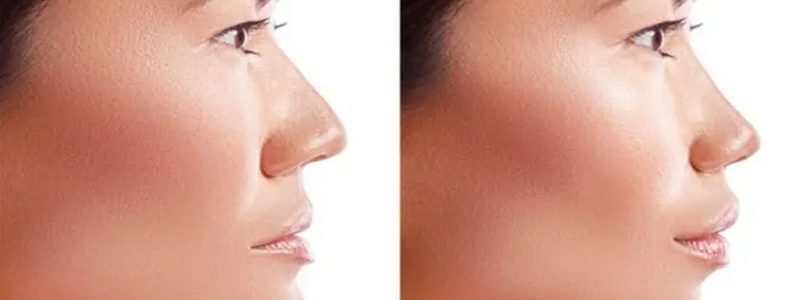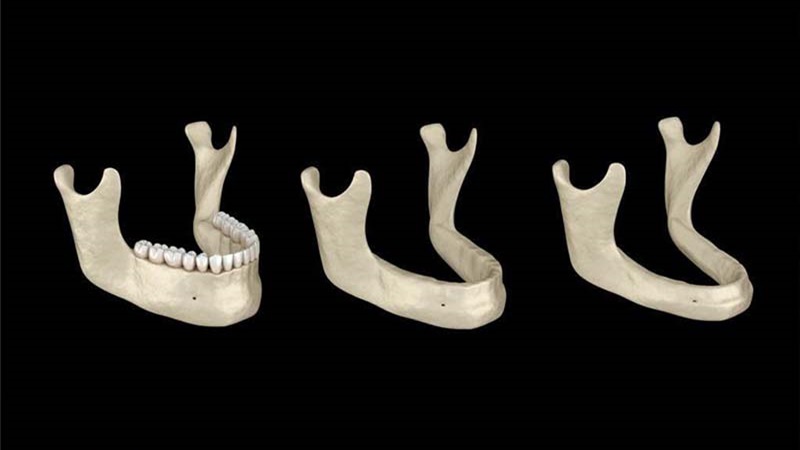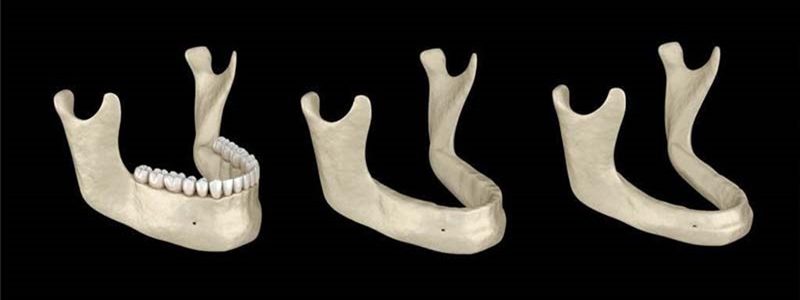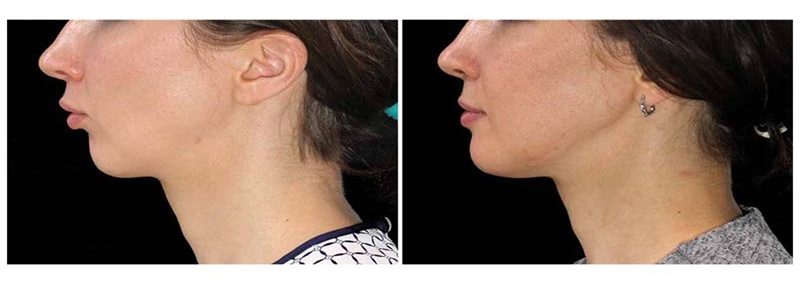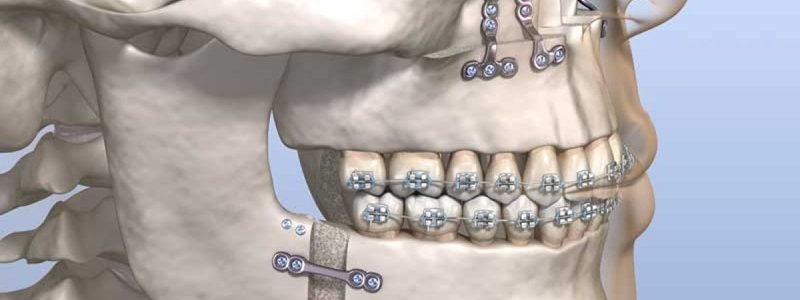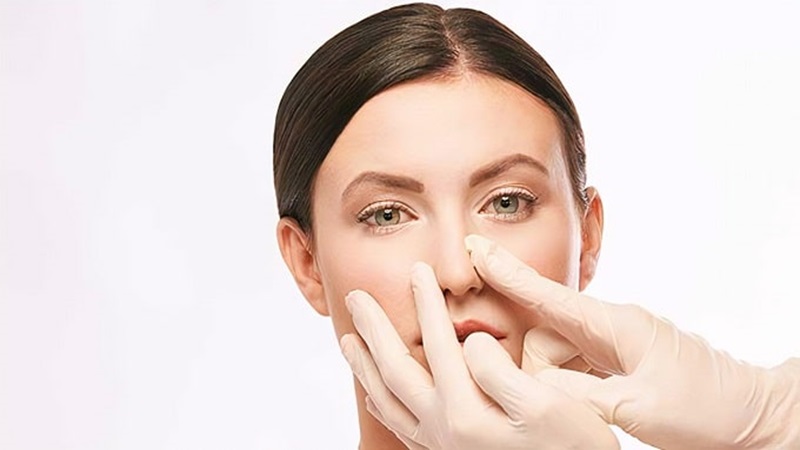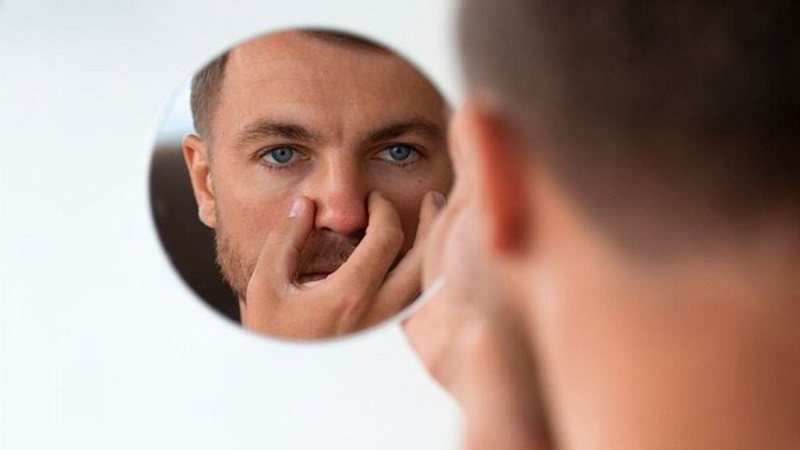Comprehensive recovery guide after jaw surgery
Jaw surgery Is a surgical procedure that is performed to correct the maxillofacial abnormalities. This surgery can for a variety of reasons, including dental problems, temporomandibular problems (TMJ), Be injured by trauma and congenital abnormalities. Post -jaw surgery can be a long and difficult process, but with proper care and follow -up guidelines, you can experience successful recovery.. In this article from the site of Dr. Behnam Khorrami (Isfahan nose surgeon _ Jaw surgeon of Isfahan), To check the recovery after Jaw surgery we will pay.
Recovery steps
Recovery after jaw surgery is usually divided into several steps:
* The initial stage: This step usually takes a few days after surgery. During this time, the patient should rest and refrain from intense activities. There may be pain, swelling and bruising in the surgical area. The doctor may prescribe painkillers and antibiotics.
* The middle stage: This step usually takes a few weeks after surgery. During this time, swelling and bruising decreases and the patient can resume their daily activities. However, the patient should continue to refrain from intense activities and follow the soft diet.
* The final stage: This step usually takes a few months after surgery. During this time, the patient can fully return to his normal activities. However, it may still require special care such as physiotherapy and orthodontics.
Post -surgical care
Post -Surgery Care is essential for successful recovery. This care includes the following:
* rest: Sufficient rest is essential for recovery. The patient should refrain from intense activities and sleep enough.
* Diet: The patient should follow the soft diet. This diet should include soft and liquid foods that are easily chewed and swallowed.
* Medications: The patient should take medication prescribed by the doctor as directed. These drugs may include painkillers, antibiotics and anti -inflammatory drugs.
* Care of the mouth: The patient should take care of his or her mouth well. This includes a gentle brushing of teeth, using a mouthwash and avoiding smoking.
* Physiotherapy: Physiotherapy can help improve jaw function and reduce pain.
* Orthodontics: In some cases, the need for orthodontics to correct the position of the teeth.
Possible side effects
Like any other surgery, Jaw surgery May also have complications. These complications may include the following:
* The pain: Pain is a common complication after jaw surgery. Your doctor may prescribe painkillers to relieve pain.
* Inflation: Swelling is also a common complication. Swelling usually decreases within a few weeks.
* Bruises: Bruising may occur around the surgical area. Bruising usually disappears within a few weeks.
* The infection: Infection is a rare complication but may occur. If you experience symptoms of infection such as fever, severe pain, or surgical discharge, you should see your doctor immediately..
* nerve damage: In rare cases, nerve damage may occur. This injury can cause numbness or weakness in the facial area.
* Temporomandibular joint problems (TMJ): In some cases, jaw surgery may cause jaw temporal problems.
important points
* Act on your doctor's instructions: It is important to follow your doctor's instructions on post -surgical care.
* See your doctor if you have any problems: If you experience any symptoms or complications, you should see your doctor immediately.
* be patient: Recovery after jaw surgery is a long process. Be patient and give yourself time to experience full recovery.
I hope this article is helpful to you..
Useful links:
Isfahan nose surgeon _ Jaw surgeon of Isfahan
Dr. Behnam Khorrami's page in the clinic 24 | Maxillofacial surgeon in Isfahan clinic 24 | Nose surgeon in Isfahan clinic 24
Dr. Behnam Khorrami, nose surgeon in Isfahan at Dr. Af | Maxillofacial surgeon in Isfahan at Dr. Af | Isfahan nose surgeon at Dr. Af
